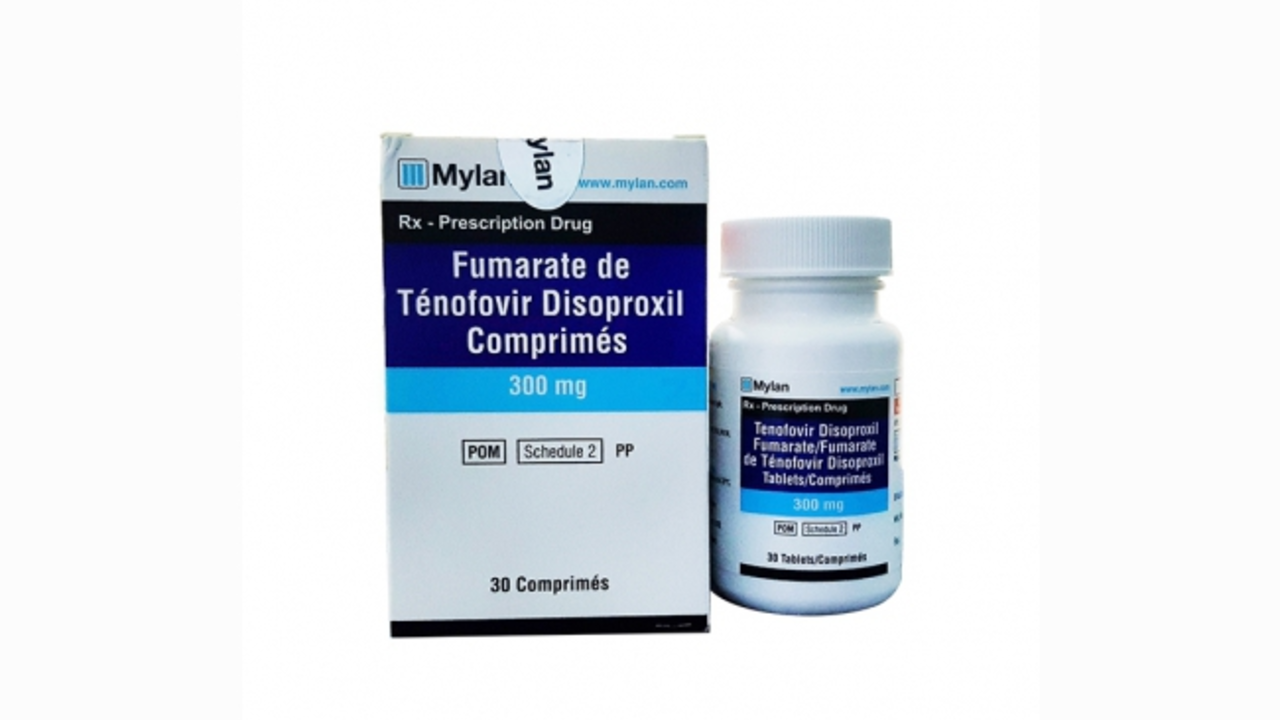HIV Treatment: What to Expect and How to Stay on ART
Starting HIV treatment can feel overwhelming. The good news: modern antiretroviral therapy (ART) works well, keeps your viral load undetectable, and prevents most HIV-related illness. This page gives short, practical steps—what ART does, how to stick with it, how to watch for problems, and how to get medications safely.
How antiretroviral therapy works
ART combines drugs that stop the virus from copying itself. Most people take one pill a day now, but some regimens need more. Your doctor chooses drugs based on your medical history, other medicines you take, and test results like viral load and kidney or liver checks. The goal is viral suppression: a very low or undetectable amount of virus in your blood. When that happens, your immune system recovers and your risk of passing HIV to others drops dramatically.
Expect regular lab checks at first—usually viral load and basic blood tests every few weeks to months—then less often if things are stable. If your viral load isn’t dropping, your provider may change drugs to avoid resistance.
Practical tips: getting meds safely and staying on treatment
Staying on treatment matters more than picking a trendy drug. Here’s how to make it easier:
- Set a daily alarm or tie pills to a habit (coffee, brushing teeth).
- Use a pillbox or a smartphone app to track doses and refills.
- Refill early—don’t wait until you run out.
- Tell a trusted friend or support group if you want help remembering meds.
Side effects happen but usually ease after a few days or weeks. Common ones are nausea, mild headaches, or sleep changes. If you get severe rash, breathing trouble, jaundice, or fainting—seek care immediately. Discuss any side effects with your clinician; they can often switch you to a better-tolerated option.
About buying meds: always use a licensed pharmacy and follow your prescription. Online pharmacies can be legit, but watch for red flags—no phone number, no prescription required, extremely low prices, or poor reviews. Check for pharmacy licensing in your country and secure payment pages. When in doubt, ask your clinic for a verified supplier.
Drug interactions matter. Tell your provider about supplements, antacids, or herbal products. Some common meds and even some supplements can lower ART levels or increase side effects.
Finally, prevention options like PrEP (pre-exposure) and PEP (post-exposure) work to prevent HIV. If you think you were exposed, PEP started within 72 hours can stop infection. Ask a clinic or emergency department right away.
Keep an open line with your care team. Regular visits, honest questions, and simple routines make HIV treatment manageable. If you want, search trusted reviews and guides before ordering meds online, and always follow your prescriber's plan.

